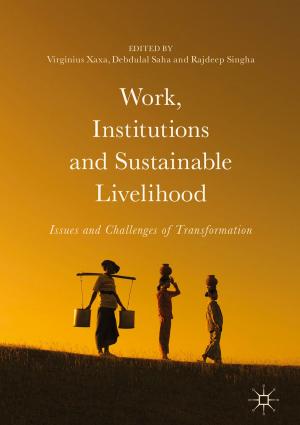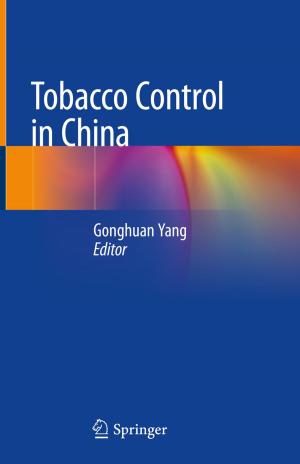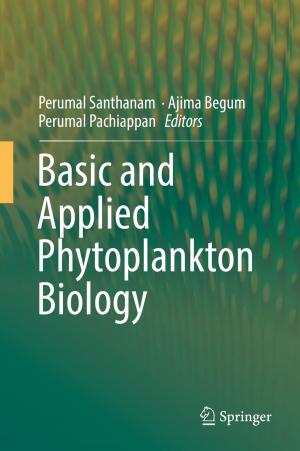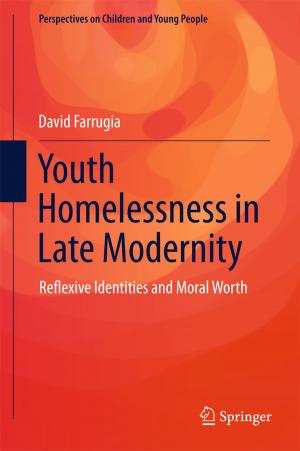Organic Cotton
Is it a Sustainable Solution?
Nonfiction, Science & Nature, Technology, Textiles & Polymers, Science, Biological Sciences, Environmental Science| Author: | ISBN: | 9789811087820 | |
| Publisher: | Springer Singapore | Publication: | October 9, 2018 |
| Imprint: | Springer | Language: | English |
| Author: | |
| ISBN: | 9789811087820 |
| Publisher: | Springer Singapore |
| Publication: | October 9, 2018 |
| Imprint: | Springer |
| Language: | English |
This book highlights the traditional boundaries of the textile industry and discusses to what extent organic cotton is sustainable. It also examines the domestic and international influences of agricultural practices on cotton. Sustainability issues in the textile and fashion sectors require the influences that arise from beyond the boundaries of the conventional textile industry to be taken into account. These “external” influences—from (international or domestic) agricultural practices and energy policies to consumption patterns and levels of ecological notions of the society—have a significant impact on the sustainability of the textile and fashion sectors as a whole. Ecological and social concerns go far beyond individual companies and industries; therefore, in order to become more sustainable, the textile (and fashion) industry needs to address these concerns appropriately and connect with other disciplines, industries, communities, and international groups.
This book highlights the traditional boundaries of the textile industry and discusses to what extent organic cotton is sustainable. It also examines the domestic and international influences of agricultural practices on cotton. Sustainability issues in the textile and fashion sectors require the influences that arise from beyond the boundaries of the conventional textile industry to be taken into account. These “external” influences—from (international or domestic) agricultural practices and energy policies to consumption patterns and levels of ecological notions of the society—have a significant impact on the sustainability of the textile and fashion sectors as a whole. Ecological and social concerns go far beyond individual companies and industries; therefore, in order to become more sustainable, the textile (and fashion) industry needs to address these concerns appropriately and connect with other disciplines, industries, communities, and international groups.















